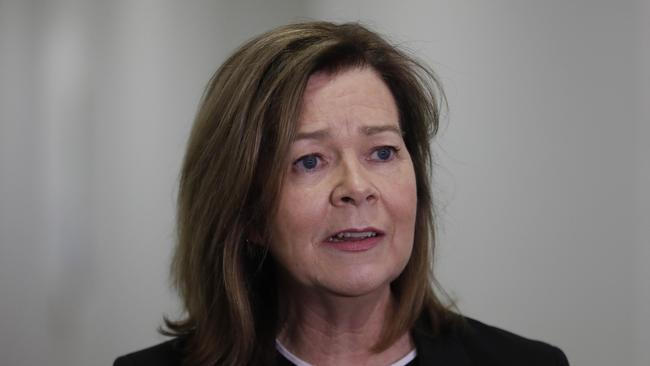Budget 2021: Unions vow to fight for workers caught in the wages freeze
Unions will press for higher wages across the construction, manufacturing, education and public sectors, declaring that pressure to pursue pay rises was building.

Unions will press for higher wages across the construction, manufacturing, education and public sectors, declaring that pressure to pursue pay rises was building across industries where organised labour and workers had bargaining power.
ACTU president Michele O’Neil stepped up the union movement’s attack on the Coalition after the federal budget forecast annual wages growth would remain below or equal to the forecast inflation rate through to 2024.
Ms O’Neil said the growth in employment was due to a rise in insecure and casual jobs. “You can no longer count on the fact that reducing unemployment is going to lead to any sort of wage increase,” she said.
She said the wage forecasts confirmed the government had no plan to address low wages or insecure work. “I think workers fairly expect to see the improvement in the economy come their way,” she said.
“At the moment, we’re basically seeing it all go into (corporate) profits, and the labour share of our GDP is the lowest on record.”
She said pressure would build in certain industries. “In sectors where there’s bargaining power, you will definitely see increased demands from unions and workers for wage increases — and that’s a good thing. It’s a good thing in terms of winning better wages, but also it’s good for the economy,” she said.
“The recovery so far has been highly dependent on consumer spending,” she said. “And for that to continue you have to see money in people’s pockets that allows them to spend.”
Asked to nominate the industries where unions and workers had bargaining power, she nominated parts of manufacturing, construction and education and the public sector where there was a high proportion of workers in full-time, secure employment.
Business Council of Australia chief executive Jennifer Westacott said the government should seek to reintroduce changes to the enterprise bargaining system that were rejected by the Senate crossbench earlier this year.
“We’re just going to have to work harder to get the domestic economy really continuing to fire on all fronts so that we get that wages growth,” she said.
“And of course, it does bring us back to industrial relations. We were very disappointed that one of the things that didn’t get up in that IR reform was the fixing of the enterprise bargaining system.
“We’ve got to stay focused on that because people on an EBA on average get $100 a day more than people on an award. So there are some things within our control on wages and we should really take all of the levers and pull them hard.”
Asked to respond to Ms Westacott’s comments, a spokesman for Industrial Relations Minister Michaelia Cash said on Wednesday: “The government will continue to work with the crossbench to pass this legislation.”




To join the conversation, please log in. Don't have an account? Register
Join the conversation, you are commenting as Logout